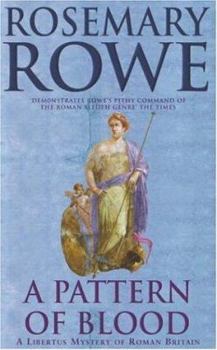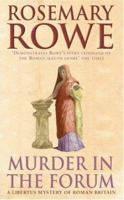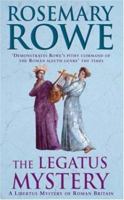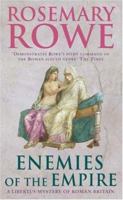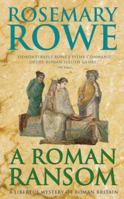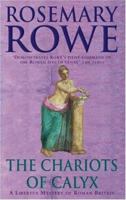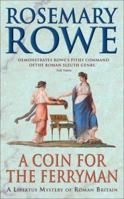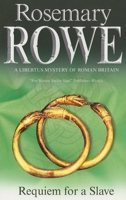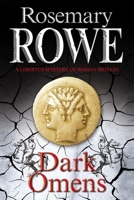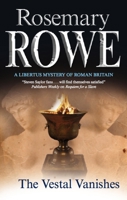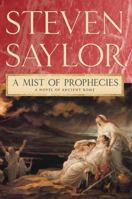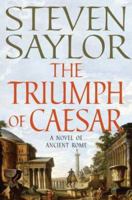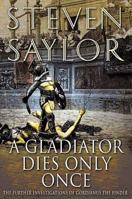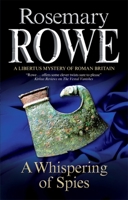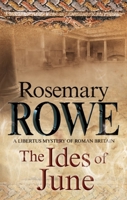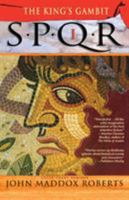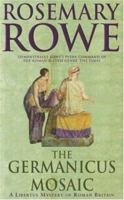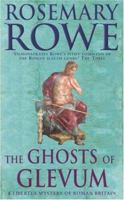Pattern of Blood
(Book #2 in the Libertus Mystery of Roman Britain Series)
Select Format
Select Condition 
Book Overview
Related Subjects
Fiction Genre Fiction Historical Literature & Fiction Mystery Mystery, Thriller & SuspenseYou Might Also Enjoy
Customer Reviews
Rated 4 starsGood Story, what more do you need?
Libertus the Pavement Maker returns in the second of Rosemary Rowe's novels on Roman Britain set in the second century AD. Libertus is a witness to a stabbing on the streets of Corinium (modern day Cirencester). Luckily for the victim a physician is hand and a tragedy is averted. However Libertus is commanded by his wealthy patron Marcus Septimus to investigate the attack. This is no where near the end of the matter and Libertus...
0Report
Rated 4 starsNot quite as good as the first in the series
Rosemary Rowe gets most of her historical information from books written for the layperson, this is her claim in the 'Foreword'. So while I could point out the minor differences in historical interpretation I don't think that most people are looking at this book to replace a textbook on the Empire in Britain. Three of the characters are repeat performers: the pavement maker (not quite how I would describe him given what...
0Report
Rated 4 starsA promising pattern
Rowe's second Libertus offering - `A Pattern of Blood', has our erstwhile sleuth hotfooting it to Corfinium, with Junio in tow, to the townhouse of the decurion, Quintus Ulfinus to investigate the latter's stabbing after the races, a few days earlier. It just so happened that Libertus was present during the attack having visted Corfinium to investigate the whereabouts of his missing wife, Gwellia.Just after he turns up with...
0Report










